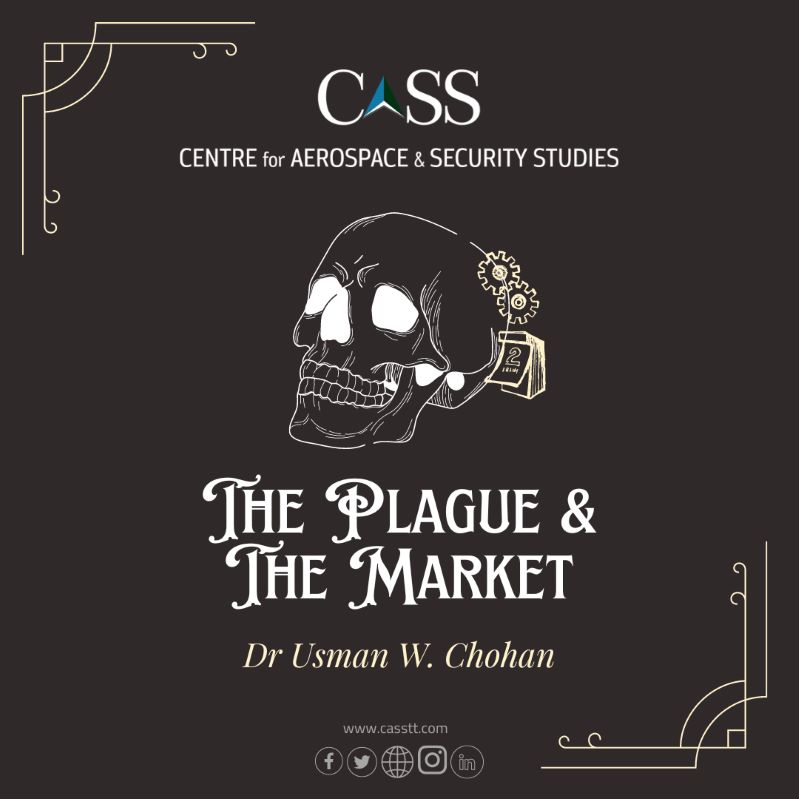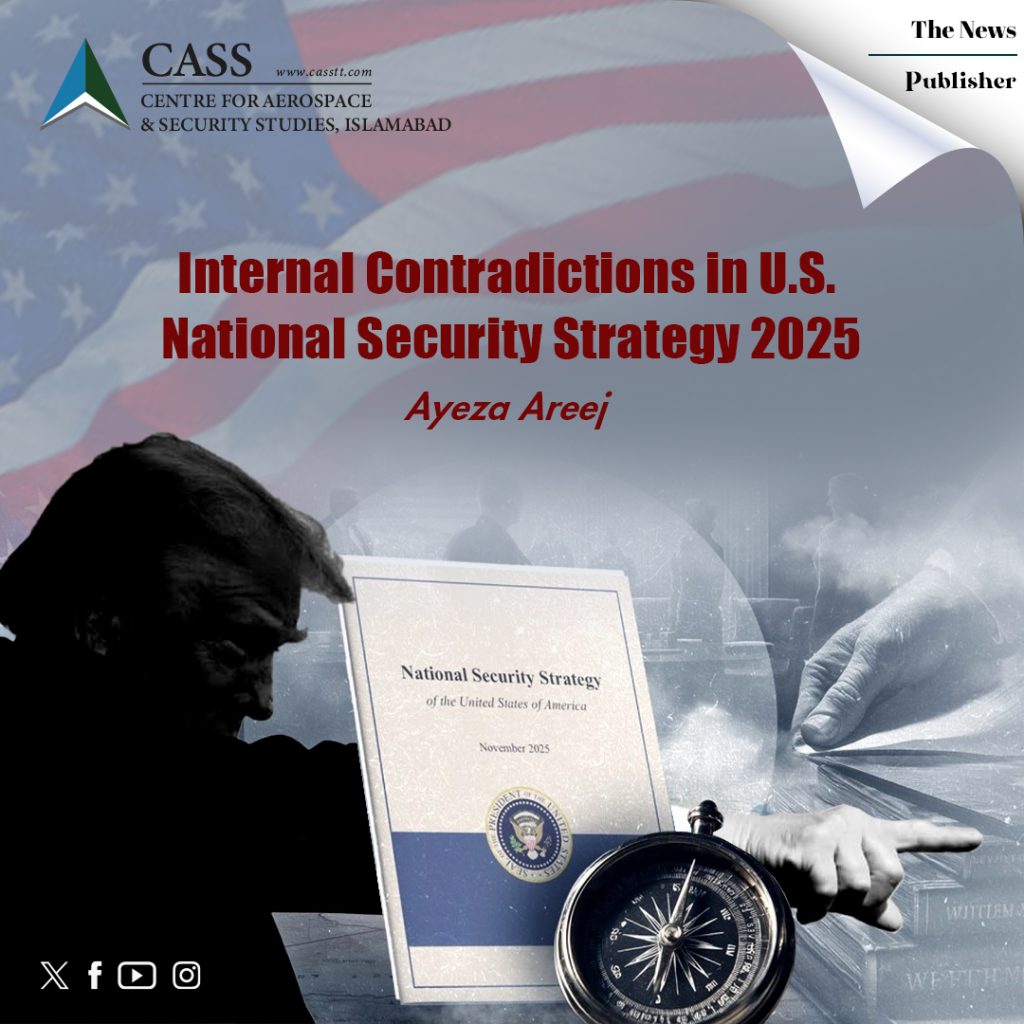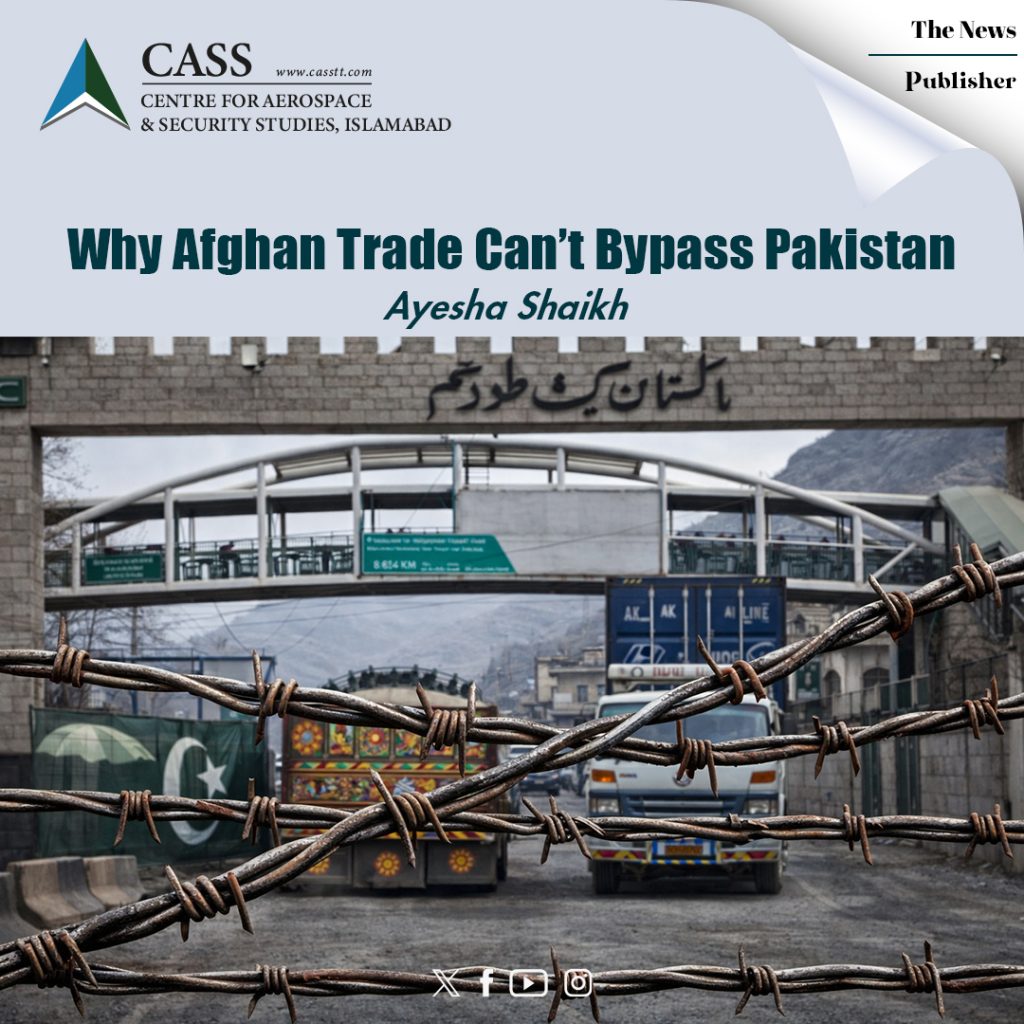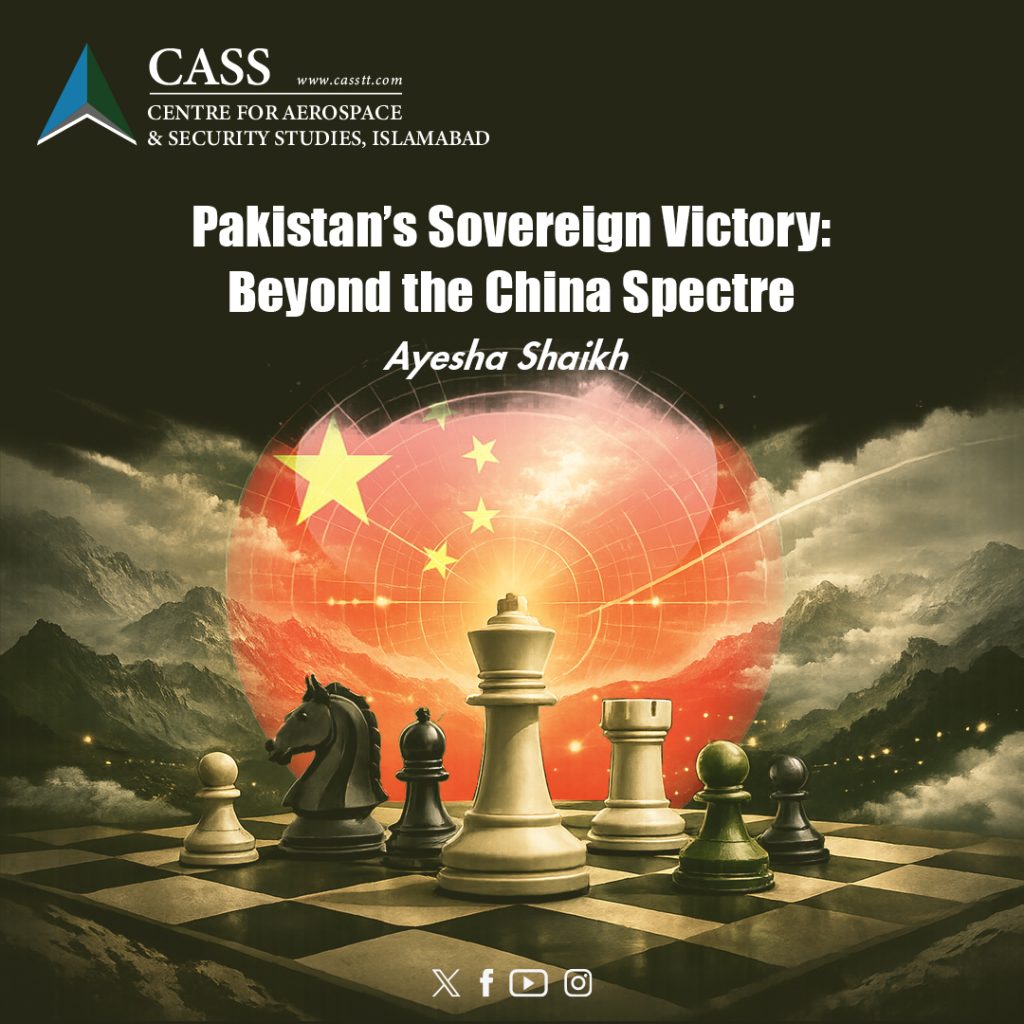The clock is ticking on the discovery of a vaccine for the novel coronavirus (Covid-19), with nearly four million infections and nearly three lakh deaths as of early May. Realizing this, both private and public sector initiatives are taking place around the world to try to identify and a viable vaccine in record time.
In fact, the development of candidates for coronavirus vaccines is progressing faster than that for any other pathogen in history. The World Health Organization (WHO) has stated that there are already several clinical trials underway and more than 50 candidates in clinical evaluation.
That said, the most optimistic forecasts suggest a viable vaccine shall only be ready after twelve months, although 18-24 months appears a more realistic consensus. At the same time, there is an imminent concern that has not caught as much attention but will begin to take centre-stage (once a vaccine has been discovered): who will get access to it and when?
After discovery, countries and companies may scramble to protect their interests and let their actions reflect the rampant economic inequalities that persist in the world today. This is because, as of yet, there are no international rules for sharing any possible vaccine in an equitable way, and more precisely, drugs research and development is usually driven by market forces. In fact, private pharma players have, on occasion, schemed to keep vaccine and drug supplies artificially low to get higher market prices, not to mention the fact that certain treatments are often never developed because there isn’t a “commercial incentive” behind them.
Noting this concern, UN Secretary-General António Guterres, who had toured Pakistan a few months before the coronavirus outbreak, recently declared that a future Covid-19 treatment should be “a public good,” and must be made available to everyone.
For the public good approach to work, there would need to be greater international transparency on the major initiatives. At present, however, specific details about what commercial agreements between pharma industry giants and governments might look like are being tightly guarded. Those agreements should not just consider the profit and compensatory aspects, but also reflect risk-sharing on the financial burden that naturally accompanies pure research. In addition, they must incorporate the production element, and set out how and at what price the production will be driven, including what are known as “advanced market commitments,” such as those used for the distribution for pneumococcal vaccine a few years ago.
The public good approach is also stymied by an international climate, driven by uncooperative and hostile administrations such as those in Washington, Brasilia and New Delhi, that is not conducive to cooperative and equitable strategies. This is echoed in Trump’s racist “China Virus” rhetoric and his refusal to send a delegation to the May 4 WHO meeting based on his criticism that the WHO is too “pro-China.”
The competition for assuring that specific nations get first access to the vaccine is already brewing. The US has a cartel broker known as the Biomedical Advanced Research and Development Authority (BARDA), which is working closely with industry leaders (even outside the US), to try to ensure that a coronavirus treatment will be first available for the US market before anyone else.
The hijacking of 3M contracts by the US for masks intended for delivery elsewhere is indicative of an egregious zero-sum temper that signals market selfishness and precludes international cooperation, while also pushing other countries towards pursuit of a similar agenda. Supposed intelligence reports from the US allege that China similarly began to corner the market early on when it realized that the coronavirus would spread overseas.
Earlier examples also abound, as when Australia, which is also notorious for its selfish international behavior, was the first country to manufacture a vaccine for the H1N1 influenza pandemic in 2009, but it refused to export the vaccine initially so that it could hoard enough at home.
Without voluntary agreements among the comity of nations, there may be no way to force any country to share the vaccine and save lives elsewhere. Developing countries will be decimated by such mercantilism. As a British Medical Journal study from 2018 demonstrates, higher-income countries generally have higher vaccination rates for routine vaccines than lower-income countries, and the coverage disparities within countries cut along economic lines.
The billionaire philanthropist Bill Gates has argued that production capacities must be built up in the developing world, without which poorer countries in the global South (Asia, Latin America, and Africa) would be dead-last to receive the necessary vaccine, so long as market power decides who gets access.
Yet there are notable precedents for international cooperation. One example lies in the Pandemic Influenza Preparedness (PIP) Framework, which is an agreement under which countries provide virus samples to a network of laboratories that are coordinated by the WHO. The WHO in turn operates a stockpile of vaccines, diagnostics, and drugs on a need-basis. However, the PIP applies to influenza and not to the on-going Covid-19 pandemic. Furthermore, there are so many coronavirus samples everywhere that the submission of viral samples can be done without coordination.
A more extraordinary example lies in Gavi, the Vaccine Alliance, which was established in 2000 to “address vaccine equity,” and has done a remarkable job in helping to vaccinate nearly half of the world’s children, supporting 496 vaccine programs in the 73 poorest countries, and ensuring the supply of 600 million vaccine doses annually.
Gavi has used a market-logic for good, as can be seen in its “IFFIm Fund,” which is an investment vehicle that has raised billions of dollars (>$6.5bn) in global capital markets to fund Gavi vaccine programs.
The IFFIm’s capital-raising has helped Gavi immunise more than hundreds of millions children and averted tens of millions of deaths.Yet another example lies in the Coalition for Epidemic Preparedness Innovations (CEPI), which was established after the Ebola outbreak and was dedicated to financing and coordinating the development of vaccines and ensuring fair global access. The CEPI estimates that at least US$2 billion is needed to help develop candidate coronavirus vaccines and manufacture them, but only $700 million was initially promised by national governments. An additional $1 billion, CEPI estimates, would be needed for international manufacture and distribution.
This amount is very small compared with the stimulus programs and money printing that the central banks of large economies have promised to keep their economies afloat. Those numbers are now in the trillions of dollars. It is therefore a very straight forward sell, if only national leaders could behave like world leaders, and not surrender themselves to petty market short-termism when a larger world crisis looms.
In the end, then, the greater crisis may not be in the coronavirus itself, but rather in the distortionary distribution of its vaccine once it is derived.
The “invisible hand” of mercantilist selfishness may result in far greater tension, death, and violence if a more responsible and compassionate international mindset does not unite the world against a common invisible enemy. Humanity thus confronts two mortal nemeses: the rampant plague, and the rampant market.
–The writer is the Director for Economics and National Affairs at the Centre for Aerospace and Security Studies (CASS). This article was first published in The Nation newspaper. He can be reached at [email protected].





